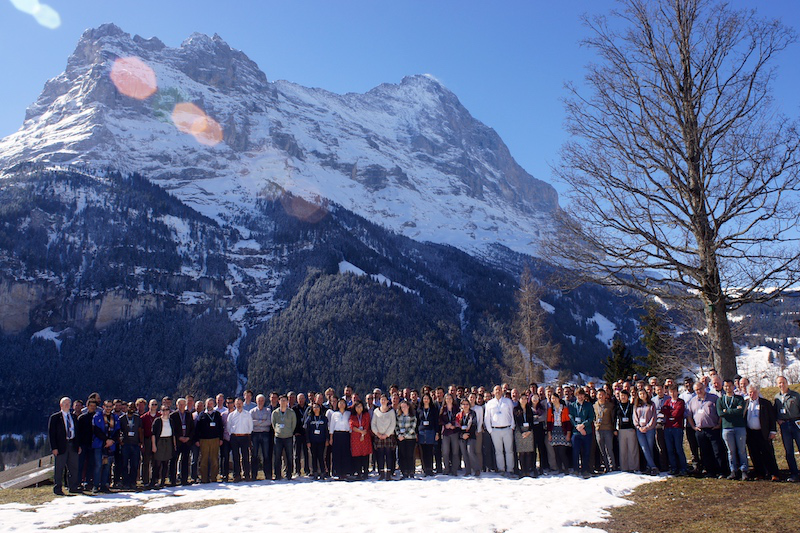Speaker
Description
The precision radial velocity community is pushing spectrometer hardware to new and ever more exciting stability levels that support a velocity precision of ~1 m/s in the near-infrared, and sub 50 cm/s in the visible. These developments must be backed by increasingly sophisticated software algorithms and data reduction pipelines that can realize the potential of the new instruments. I will describe the pipelines that we have developed for the HPF (0.8 - 1.3 microns) and NEID (0.38 - 0.92 microns) PRV spectrometers. This will include algorithmic advances that allow us to more fully exploit our astronomical data, and automation techniques that simplify the user experience in going from on-sky observations to reliable radial velocities. Some of the algorithms we are utilizing include sophisticated up-the-ramp image processing for HPF's H2RG detector, polygon clipping image rectification and alias correction, and synthetic modeling of telluric absorption and emission. I will also touch on computational challenges that we have encountered in developing the NEID pipeline, particularly in light of the instrument's very large band-pass, and subsequent large data volume. The HPF pipeline has been regularly running since summer 2018, while the NEID pipeline will be ready for deployment coincident with instrument commissioning in 2019.




